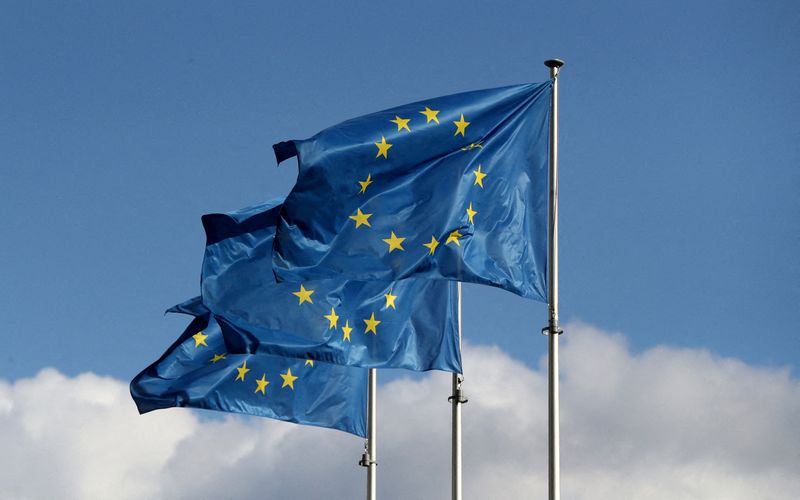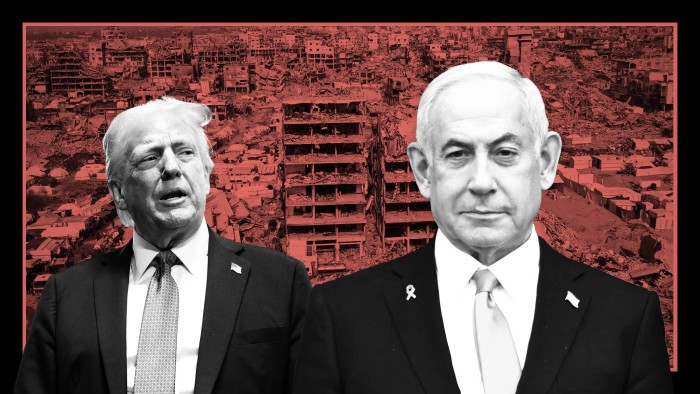Six EU countries call for lowering of G7 price cap on Russian oil By Reuters
BRUSSELS, (Reuters) – Six European Union nations called on the European Commission on Monday to drop the $60 price cap imposed by the G7 on Russian oil, arguing it would reduce Moscow’s revenue to continue the war in Ukraine without causing market turmoil.
The price caps on Russian offshore crude, as well as refined oil products, were set by the G7 countries to limit Moscow’s revenues from the oil trade and thereby limit the country’s ability to finance the invasion of Ukraine.
“Measures targeting oil export revenues are important because they reduce Russia’s only source of income,” Sweden, Denmark, Finland, Latvia, Lithuania and Estonia said in a letter to the EU executive.
“We believe now is the time to further increase the impact of our sanctions by lowering the G7 oil price ceiling,” the statement said.
The G7 price ceiling was set at $60 per barrel for Russian crude, and a maximum of $100 per barrel for petroleum products, and $45 per barrel for discounted oil.
Andrey Yermak, chief of staff of Ukrainian President Volodymyr Zelensky, said that setting and applying price limits is an important factor in relations with Russia.
“There is a clear connection between the price of energy carriers and the level of Russian belligerence,” Yermak wrote in the Telegram messaging application.
“Energy exports are the main source of financing for the Kremlin. The higher the price of oil, the greater the number of weapons and aggressive intentions in Russia. The lower the price of oil, the closer the peace.”
The maximum price caps have not changed since December 2022 and February 2023, when they were implemented, while Russian crude prices on the market averaged below that level in 2023 and 2024.

“The international oil market is better supplied today than it will be in 2022, reducing the risk that a lower price floor will cause a supply shock,” the six countries said in the letter.
“Given its limited storage capacity and its over-reliance on energy exports for revenue, Russia has no choice but to continue exporting oil even at significantly lower prices,” the letter said.







